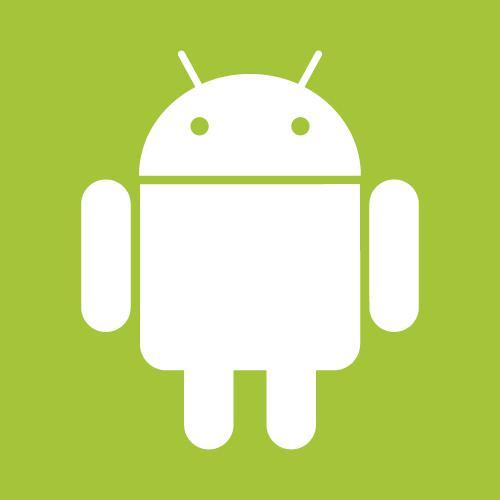In this paper we describe the insights from an exploratory qualitative pilot study testing the feasibility of a solution that would encourage older adults to participate in online crowdsourcing tasks in a non-computer scenario. Therefore, we developed an Android TV application using Amara API to retrieve subtitles for TEDx talks which allows the participants to detect and categorize errors to support the quality of the translation and transcription processes. It relies on the older adults' innate skills as long-time native language users and the motivating factors of this socially and personally beneficial task. The study allowed us to verify the underlying concept of using Smart TVs as interfaces for crowdsourcing, as well as possible barriers, including the interface, configuration issues, topics and the process itself. We have also assessed the older adults' interaction and engagement with this TV-enabled online crowdsourcing task and we are convinced that the design of our setup addresses some key barriers to crowdsourcing by older adults. It also validates avenues for further research in this area focused on such considerations as autonomy and freedom of choice, familiarity, physical and cognitive comfort as well as building confidence and the edutainment value.
翻译:在本文中,我们描述了一项探索性定性试点研究的洞察力,测试了鼓励老年人在非计算机情况下参与在线众包任务的解决办法的可行性。因此,我们开发了一个Android电视应用程序,利用Amara API检索TEDx会谈的字幕,使参与者能够发现错误并将其分类,以支持翻译和抄录过程的质量。它依赖老年人作为长期本地语言使用者的本能技能以及这一对社会和个人有益的任务的推动因素。研究使我们能够核实利用智能电视作为众包界面的基本概念,以及可能的障碍,包括界面、配置问题、议题和过程本身。我们还评估了老年人与这一借助电视的在线众包任务的互动和接触情况,我们深信,我们的设置设计解决了老年人众包的一些关键障碍。它还验证了这一领域进一步研究的渠道,这些研究的重点是自主和选择自由、熟悉、身体和认知舒适以及建立信任和娱乐价值。





